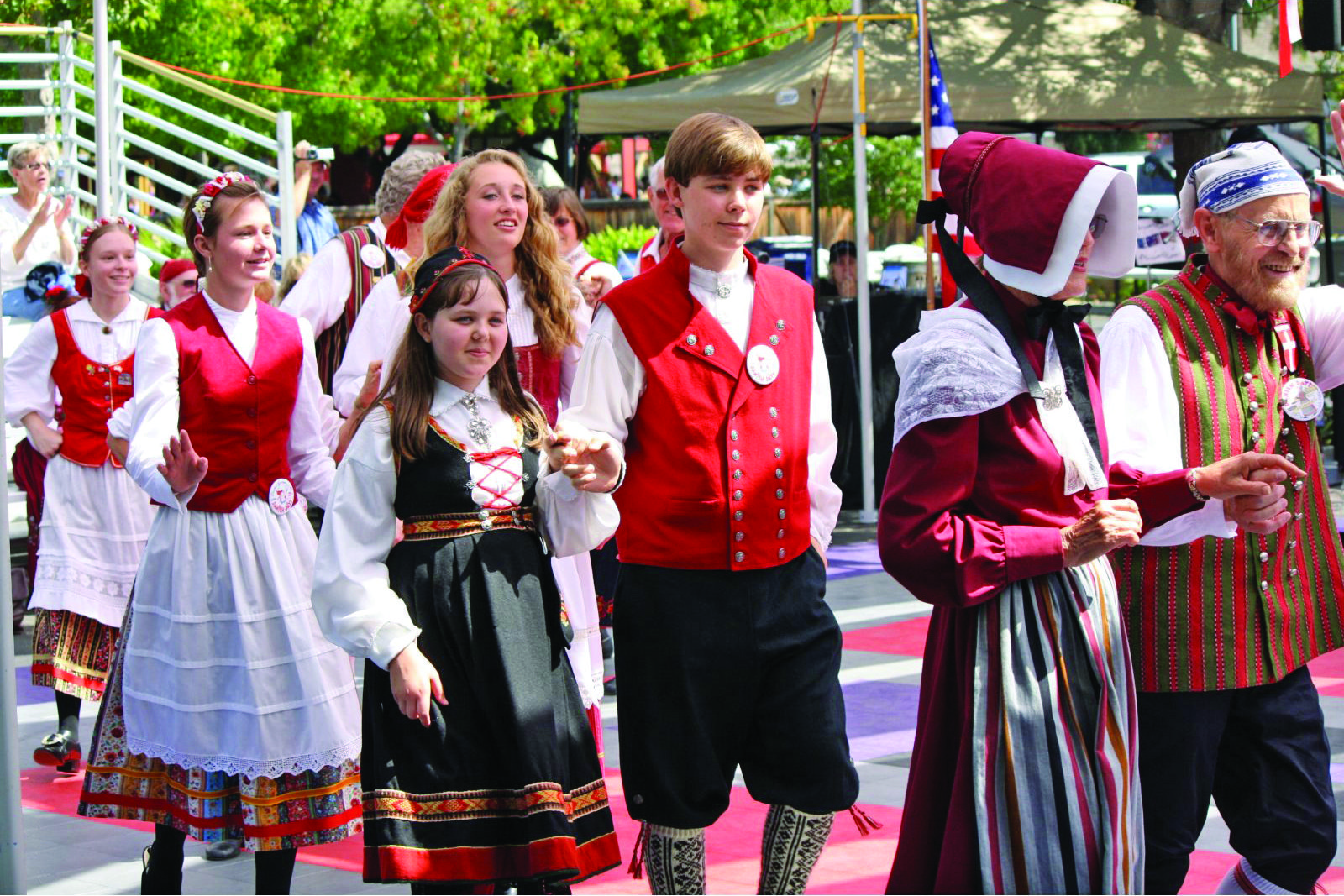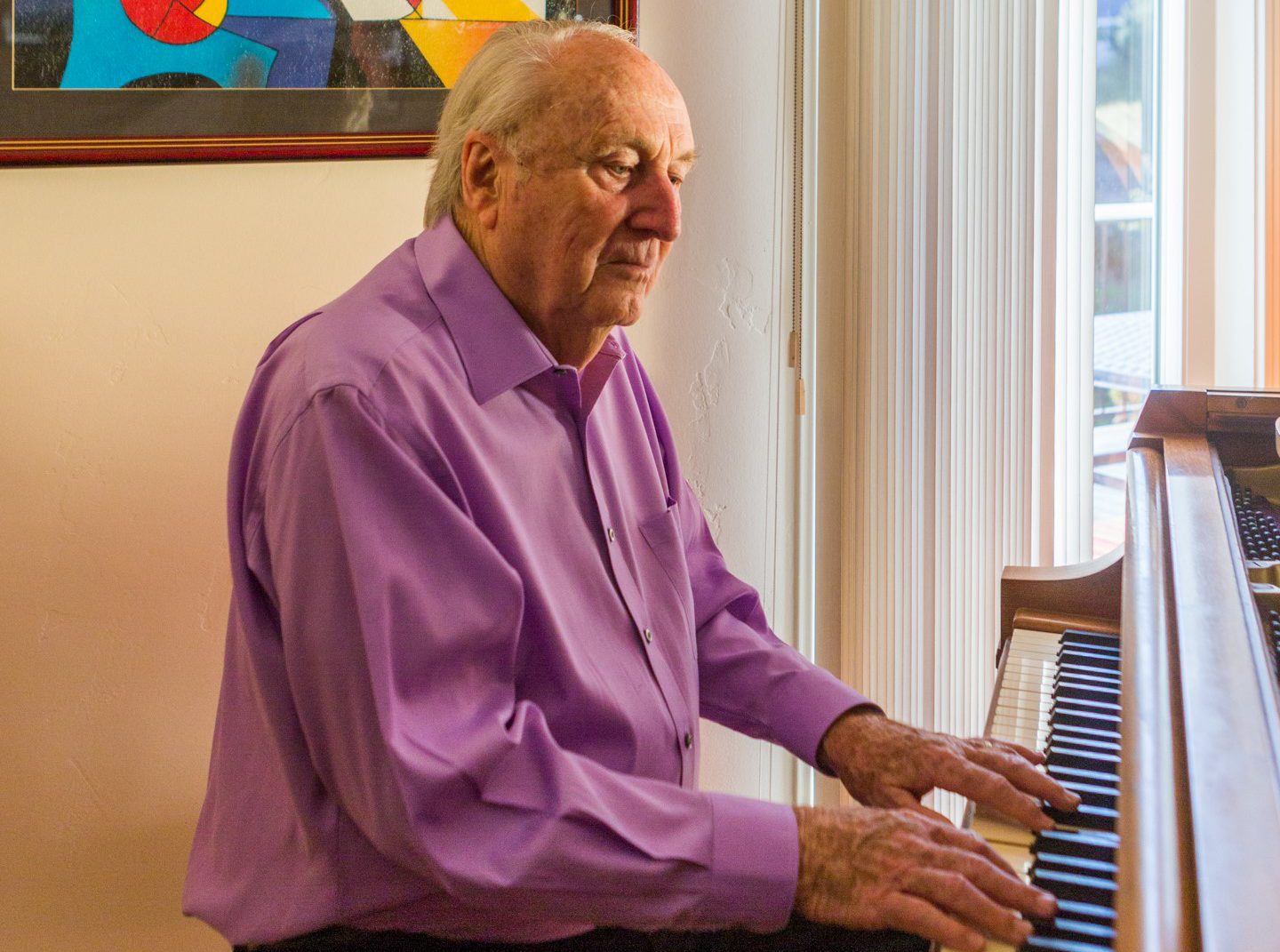By James RileyMove to Trash
Contributing Writer
Thanks to good genes, an active lifestyle and good fortune, I’ve survived 75 years in reasonably good health. Having experienced some of the inevitable and subtle changes associated with the aging process and having had a career in training and teaching movement to all ages and types of people, I feel qualified to share with you my six rules of basic maintenance for seniors.
These are general rules of maintenance that add years of longevity and quality to our life spans. They are based upon common sense, experience and are supported by a breadth of research.
I want to preface these rules with a statement of the obvious. It’s clearly understood that smoking, excessive drinking and obesity are likely to reduce longevity and quality of life as we age. The evidence is so consistently strong that little discussion is needed.
Here are Jim’s six rules of basic maintenance:
- Don’t Fall! Falling is the greatest hazard for seniors, often resulting in broken bones or a concussion. Broken bones lead to immobility, the enemy of longevity and quality of life. Immobility results in loss of bone density and muscle mass. It reduces cardiovascular efficiency and effects balance.
The best ways to reduce the chance of falling are to move well and often, practice balance skills and improve strength.
- Have regular physical and dental check-ups: The sad truth is that most diseases that disable or kill us are correlated with age. The longer we live the more likely we are to get cancer, heart disease, stroke or arthritis and dementia. Early detection and treatment is our best defense against these afflictions.
It is prudent to get a regular medical and dental check-up.
- Walk daily: “Move well and move often throughout the day” is a mantra I often repeat. Brisk walking is easy cardio, improves balance and mobility skills, maintains joint health and muscle mass, and seems to improve emotional outlook. The body is designed for and requires movement to be healthy.
- Eat real food: A little protein with most meals plus a rainbow of fruits and vegetables and some grains, legumes and good fats provides the basics of a good diet. If it comes in a cardboard box, has sugar, salt or fat commercially added, or doesn’t resemble anything like its original appearance, it probably isn’t good for you.
- Drink lots of water: Seniors often experience a diminished thirst response and may become dehydrated, but the body requires water to function properly. Keep water handy at home and in your car and drink regularly during the day. If you urine is reasonably clear, you are hydrated. If it is yellow, you need to drink more water.
- Make friends and love your family: Doing good for others and contributing to your community brings meaning and joy to your being and is also likely to increase longevity and quality of life.
As we move through the senior years, we are not the person we used to be. We break more easily and recover more slowly. Senior divisions exist in most competitive sports because, although we can’t compete against 20-year-olds, we can enjoy competition.
If completing the John Muir Trail carrying a 60-pound backpack at 80 years of age is on your bucket list, you should rewrite your list. If you hand your friend your third glass of wine and say, “Watch this,” you may regret your decision.
It’s true, I’m not the man I used to be. My activities have changed, yet I’m active, have friends and enjoy life. What more to ask for?






